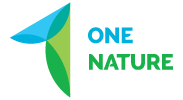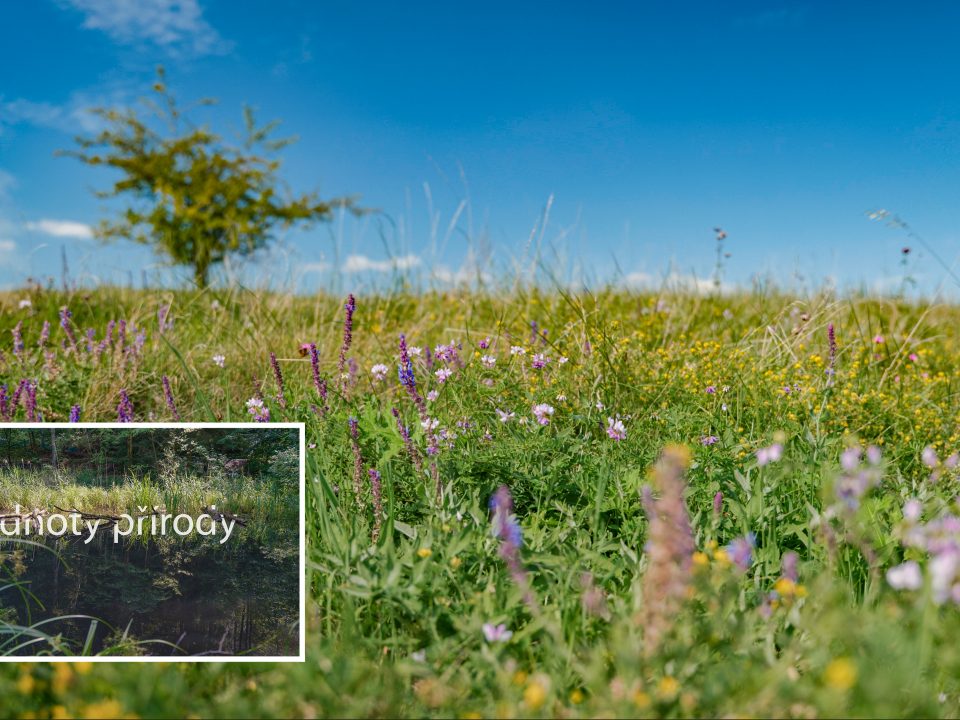Natura 2000 Day – what was achieved in the One Nature Project?
The legislative basis for the creation of the world’s largest internationally coordinated network of protected areas was established 31 years ago, and 21 May marks Natura 2000 Day. The network helps to protect and preserve rare and endangered wildlife, wild plants and natural habitats for future generations. One Nature is an important project in the Czech Republic that has been working to ensure the management of these sites since 2020 and is funded by the European Union’s LIFE programme.
During the first year of the Project, there was a significant development of cooperation between nature conservation and land owners and farmers. Since 2020, over 200 contracts worth 19 million have been concluded annually in the Project for specific management measures. Furthermore, contracts were concluded with owners and users, with 437 contracts in 2021 and even 504 a year later.
In the first half of the Project, more than CZK 58 million was also spent on measures carried out on a total area of 2,464 hectares. Specifically, these included a variety of different actions, ranging from planting or cutting trees and shrubs, creating and restoring pools and littoral vegetation, restoring the water regime of peat bogs and spring areas, restoring unstocked forest land by grazing or mowing, to disturbance management in non-forest areas and the eradication of invasive plant and animal species.
Thanks to the Project, historically common and proven, but nowadays rarely used, forest management methods are also being implemented. These include, in particular, coppicing and managed grazing of livestock in the forest. In the former case, the aim is to achieve a species- and age-diverse stand, primarily through natural regeneration, while in the latter case the aim is to restore a species-rich herbaceous cover and to suppress undesirable competing species of shrubs, grasses and herbs with expansion potential.
A very important part of the One Nature Project is also the assessment of the availability of financial resources for Natura 2000. Without the available funding, none of the activities, i.e. planning, monitoring, research or site management, would be possible. The necessary discussion and exchange of expert views on the financial provision of Natura 2000 was facilitated, i.a., by three round tables organised by One Nature. The issues of co-financing, sustainability and prioritisation of management in nature conservation, or the EU taxonomy were the main topics for discussion. The roundtables were attended by a number of experts from the government, NGO, research and private sectors. The conclusions of this discussion will be an important basis for further negotiations with stakeholders and setting the terms of funding.
And where to get a practical overview of available resources for nature and landscape conservation, including Natura 2000? Definitely on the newly updated subsidy website dotace.nature.cz. This website has been updated with the contribution of the One Nature Project and provides an overview of current calls for programmes, important documents for applying for subsidies or contacts to programme administrators.
Training of nature conservation staff is also an integral part of the Project. Seminars with practical demonstrations in the field serve this purpose. In autumn last year, a seminar on biodiversity damage caused by overpopulated cloven-hoofed game was held, where participants were shown the game-related problems faced by individual sites, from small areas under special protection (Czech legislation) to national parks. It also included a presentation of possible proposals and examples of solutions using current legislative options, such as wintering enclosures or hunting (Krkonoše National Park) or leaving the regulation of cloven-hoofed game to their natural enemy – wolves (Šumava National Park).
Another seminar, held at the end of April, was on the slightly controversial topic of controlled burning of grassland habitats as a management measure, which, if carried out safely and correctly, is beneficial for various natural communities. Stefan Klein, who is a freelancer and has been working on controlled burning in his home country for more than 10 years, also came from Germany to share his experience. The participants also visited the Bohemian Switzerland National Park, where they could see how the ecosystem copes with the fire and how quickly the destroyed part starts to recover.
E-learning is also now available for staff and public education via the web application Knowspread, where participants can deepen their knowledge and choose from four topics, such as Natura 2000, Communication Skills, Natura 2000 Site Management and Ecosystem Services Evaluation.
At the end of April, a documentary film Values of Nature, which is free to view and distribute, was released as part of the One Nature Project. The film is conceived as an introductory encounter with the topic of nature values and ecosystem services and is the first comprehensive documentary that explains these topics in a visually friendly way to both the professional and lay public using the Czech landscape as an example. The aim of the film is to promote awareness of the various specific values of nature in our society, and to help make the knowledge that science has about them visible for use in practice.
Over the next two years, as the One Nature Project enters its final phase, it will continue entering into agreements with landowners, undertaking targeted management, evaluating the socio-economic benefits of nature, monitoring protected sites and educating conservation staff.






